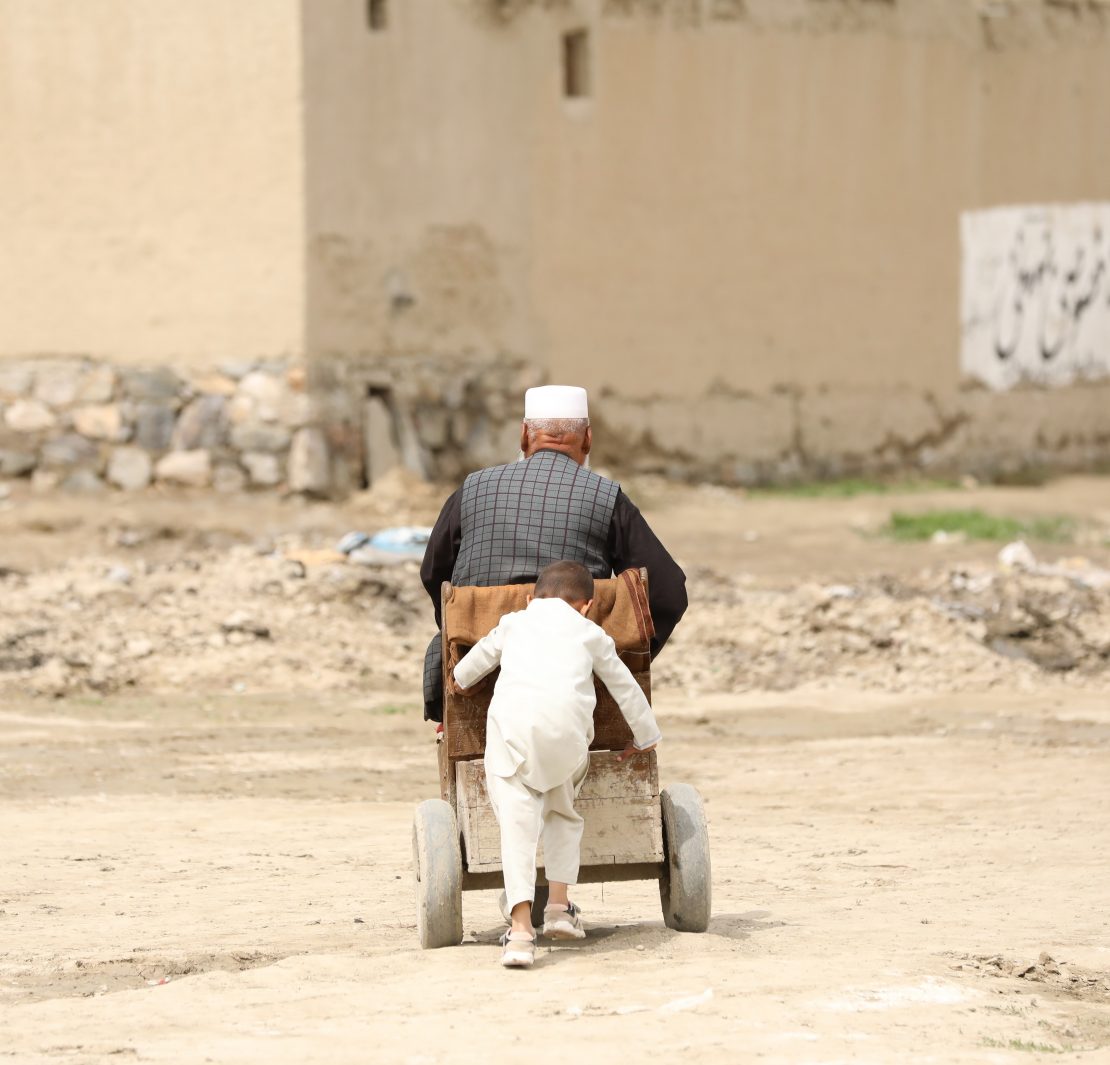Afghanistan is the current hot topic. People online are either engaging in dialogues about religious exploitation or Islamophobia. Social media has, over time, surfaced as a haven for all kinds of religious extremism and political agendas. Despite Afghans fearing a total loss of their liberty, some are defending the Taliban, especially after they promised a changed attitude towards women. A member of the Taliban appeared on T.V., giving interviews to a female news anchor and attended press conferences – something most diplomats do. However, how did a group of militant insurgents earn a following on the internet?
Failure of First World Countries
The Taliban was a reaction to the growing Soviet Union presence in Afghanistan – guerillas funded by the CIA themselves. However, following the 2001 World Trade Centre bombing, George W. Bush led a military campaign against Al Qaeda and the Taliban government. With support from the British military, the U.S. led the Northern Alliance – an anti-Taliban effort backed by India, Iran, Russia, Turkey, Tajikistan, Uzbekistan and Turkmenistan. The Afghans welcomed this interference unreservedly. To them, it seemed like progression and the beginning of democracy.
With time, however, their efforts were fruitless. During America’s time in Afghanistan, they lost more than 6,000 American lives, spent more than $2 trillion and over 100,000 Afghans were killed. The Ring Road connecting Afghanistan’s four largest cities was another failed project. Following the Iraq invasion of 2003, the U.S. presence in Afghanistan was faltering away, inevitably making the Taliban stronger. Despite the U.S. having assumed the responsibility of rebuilding an entire nation, they failed to acknowledge the strengths of the Taliban – their Opium supply.
The Muslim community met France’s hijab ban with collective disapproval. To them, it was a loss of their religious rights – rights most “liberal” countries guarantee their citizens.
Skepticism about Western Media
Many have stated their distrust in Western media; accusations of them distorting the Taliban’s image to project them as a terrorist organisation were abound. While that is unlikely in this case, the Western media has had its fair share of setting the agenda. They employ the use of subtle propaganda to appear more powerful and righteous than the second and third-world countries. Leading media organisations mostly receive their news from two agencies – Reuters and American Press Institute (API). This media monopoly might alter the quality of news circulated worldwide. Connecting the dots leads us to the perpetuation of Islamophobia.
Despite religious extremisms and orchestrated murders happening everywhere, the world has been less sympathetic towards Muslims. They are targets of discrimination, often addressed as “terrorists”. The world has always feared Islam more than Christianity, Judaism or Hinduism, despite all three being conservative and radicals in their way. This intolerance has perhaps left agonized Muslims siding with religious fanatics, the Taliban. However, they must consume news about Afghanistan with a pinch of salt – members of the Taliban enjoying in an amusement park are seemingly harmless, but this is a form of propaganda to appear less intimidating to the rest. We must raise dialogues about millions of Afghans abandoned in a war-like environment and not waste time debating about religious supremacies. They are likely to suffer at the hands of insurgents despite being Muslim.<font-color=”#f73434″>∎





Warning: Use of undefined constant ‘url’ - assumed '‘url’' (this will throw an Error in a future version of PHP) in /var/www/html/wp-content/themes/theissue/functions.php on line 143
Warning: Use of undefined constant ‘url’ - assumed '‘url’' (this will throw an Error in a future version of PHP) in /var/www/html/wp-content/themes/theissue/functions.php on line 143